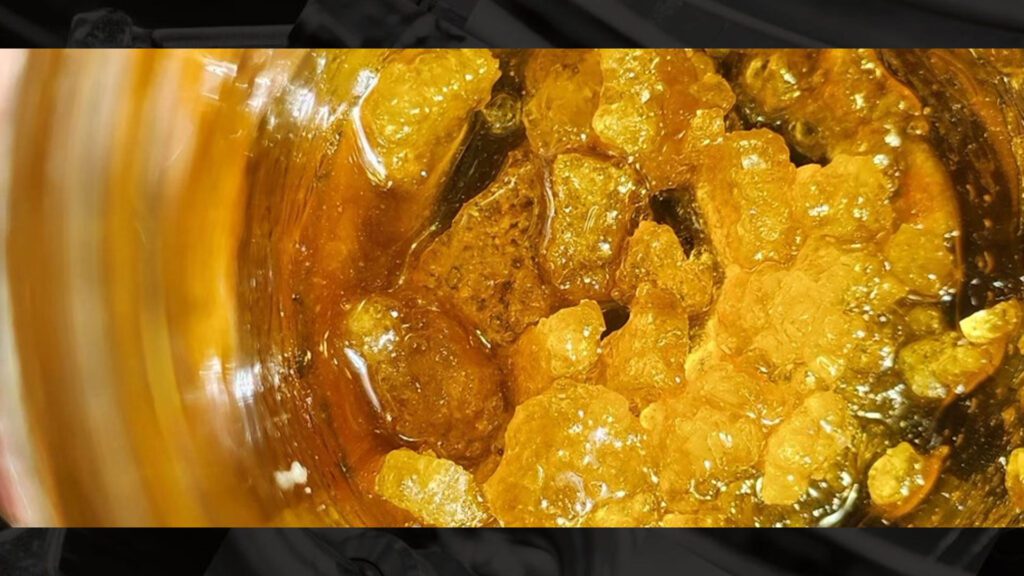
Scale Smarter
Why Now Is the Time to Upgrade Your Extraction System As the cannabis industry prepares for rescheduling and the next wave of regulatory and market
In the niche market of high-quality cannabis concentrates and production of top-shelf SKUs, processors use wet, frozen cannabis. Freezing the plant allows cannabis laboratories with the proper equipment sets to process a “live” extract that preserves the strain’s terpene profile. It’s now considered the standard for serious enthusiasts regardless of the extraction method.
Many end users claim that ‘live’ concentrates are fresher and remain more accurate to the plant’s naturally occurring smell and taste when harvested at the optimal level of trichome ripeness. Both solventless and solvent-based extractions are utilized to create ‘live’ concentrate products. When executed correctly, frozen & cold extractions demand higher prices than their ‘non-living’ shelf-mates. These live forms of concentrates and cold extractions are the products most sought after by serious consumers today.
For cannabis processing labs looking to manufacture live resin SKUs that will get customers talking on social media, a comprehensive familiarity with the cannabinoid cold chain is essential.
“Cold Chain” has been used by the food, pharmaceutical, and logistics industries for decades. It is generally considered how perishable products are shipped and stored safely from the manufacturing party to the final stop at the distribution point.
All these perishable goods we often take for granted are made possible by these logistical considerations. Links in the cold chain include the product’s point of origin, the transportation of the product, and, last, the product’s destination. While logistics often vary, this can mean utilizing enormous cold storage warehouses, refrigerated trucks, and keeping products cold where they are being sold. When hoping to produce top-shelf, high-quality cannabis extracts, the cold chain is imperative for conserving terpenes/terpenoids and cannabinoids from the grow/harvest – to the end user.
When high-quality, well-grown cannabis is frozen and appropriately handled through the cold chain, cannabis laboratories can make products unmatched by their more ‘crude’ oil counterparts. Degradation occurs each instance the cold chain is broken. When the cold chain is not adequately adhered to, compounds are not preserved, resulting in SKUs that will not comprise the complexity first realized in the grow from which they came. Cold chain adherence means maintaining below-freezing temps for the cannabinoids and terpenes freezing from beginning to end. Ideally, the biomass will be a few degrees or even far below 32°F. This involves clear communication, cooperation, and mutual agreements amongst multiple parties, typically across numerous licensed cannabis organizations.
A study on preserving cannabinoids detected that simple refrigeration for long-term storage is inadequate. This research was conducted over four years to determine the degradation of THC and CBN in different environments.
The research concluded that light, temperature, and oxygen can cause damage to cannabinoids, as many had witnessed anecdotally. However, the study described almost complete conservation of both THC and CBN while being stored for four years under scenario 4 conditions. Another study from 2015 revealed acidic cannabinoids (THCA, CBDA, CBGA, etc.) which were not decarboxylated can begin to degrade at room temperature in less than 24 hours.
Volatile terpenes are sensitive and the easiest to degrade once cannabis plants are harvested. Processors are concerned most with the amount of mono- and sesquiterpenes that are volatilized at room temperature or at any point above 0ºC. Therefore, efforts are continually being made to preserve terpenes for flower, often sealed and stored at room temperature (sometimes even nitrogen-gas sealed containers). Ensuring the flower remains frozen through extraction all the way to a freezer in the dispensary is critical to maintain and preserve these valuable compounds.
Having the complete cold chain in place helps preserve material to give laboratories the ability to make top shelf, premium, smokeable hashes.

Why Now Is the Time to Upgrade Your Extraction System As the cannabis industry prepares for rescheduling and the next wave of regulatory and market

If you’re already running a hydrocarbon extraction lab with a decent compressor and chiller setup, there’s a good chance you’re sitting on untapped potential—and Illuminated

Protecting Your Investment in the Long Run When it comes to running an extraction lab, few things are as costly—or avoidable—as unexpected equipment failure. And

When you invest in extraction equipment, you’re not just buying steel and sensors—you’re buying the future of your lab. But not all equipment is built

At Illuminated Extractors, we’ve never followed trends—we’ve set them. Now, with our latest innovation officially patented, we’ve secured a new frontier in extraction and refrigeration

The Importance of Annual Field Verifications for Hydrocarbon Extraction Facilities
